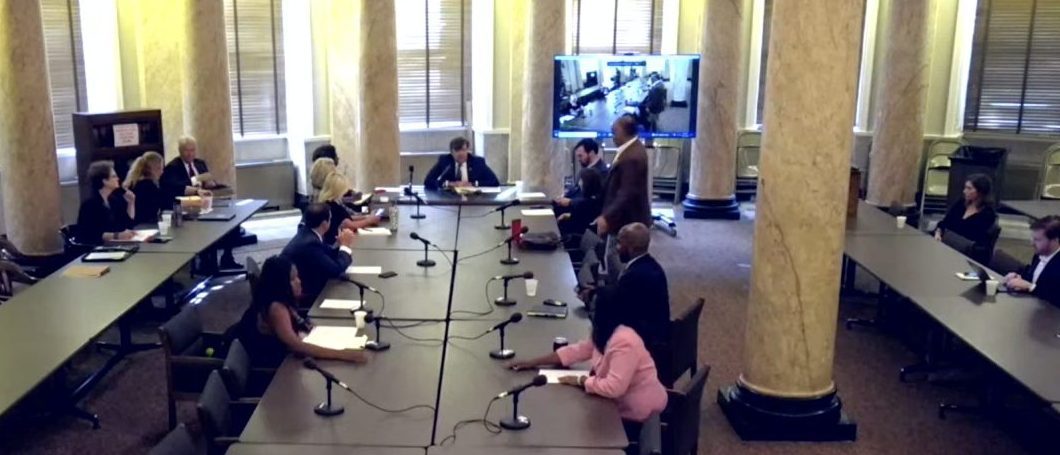
With this donation, MSU’s Department of Poultry Science is closing in on the halfway mark for funding their multimillion-dollar facility.
On Wednesday, Wayne-Sanderson Farms announced a second donation of $500,000 toward construction of Mississippi State University’s (MSU) new poultry feed mill, bringing the company’s total contribution to the facility to $1 million.
“The new feed mill is part of a department-wide facility expansion and upgrade campaign underwritten by university funds and donations from Wayne-Sanderson Farms and other industry leaders,” a release form Wayne-Sanderson Farms said. “Recent modernizations as part of the overall upgrade to the poultry research unit include renovated poultry houses, research labs and an automated processing plant to support the school’s vertically-integrated “farm to processing” poultry science program format.”
With this donation, MSU’s department of poultry science is closing in on the halfway mark for funding their multimillion-dollar research mill facility.
Clint Rivers, Wayne-Sanderson Farms President and CEO, said they are proud to continue their support as Mississippi State gets that much closer to reaching their goal.
“Every aspect of the poultry business, from educational leadership to scientific research, is positively impacted by the MSU program, and we’re glad to do our part,” Rivers continued.
Scott Willard, Dean of the College of Agriculture and Life Sciences and Director of the Mississippi Agricultural and Forestry Experiment Station, said they are appreciative to Wayne-Sanderson Farms for their continued support of poultry teaching, research and service at Mississippi State.
“This additional gift places us one step closer to building a state-of-the-art mill to improve nutrition and feed manufacturing research and, most importantly, train the next generation of poultry leaders,” Willard added.
Kelley Wamsley, Associate Professor of Poultry Nutrition and Feed Manufacture in the Poultry Science Department, said the additional support coming from a company that has had such a large presence in the state of Mississippi is so meaningful.
“The intent for this project is to take our department’s current research, teaching and service to the next level to produce top-notch research and students, as well as be relevant for feeding our world’s growing population,” Wamsley said.











